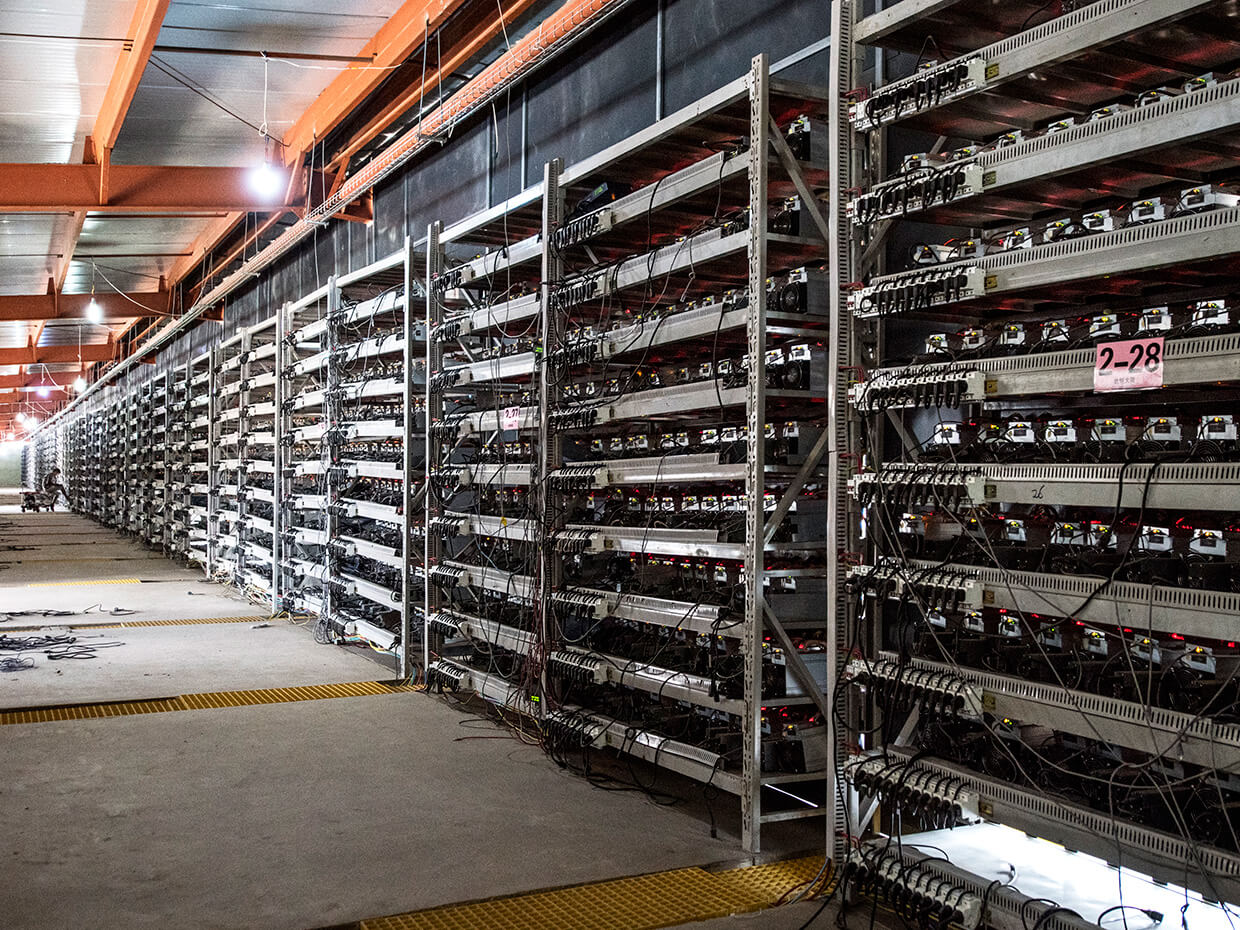A new report by Bitcoin trading giant BitMEX focussed on the BTC mining industry, exploring if three mining giants could IPO on U.S. markets and if China’s Bitcoin mining could grow.
Both aspects, unfortunately, face negative consequences if current market conditions remain.
Bitcoin miners face IPO troubles
Bitmain, and Ebang, two of the biggest ASIC manufacturers, are mulling an IPO on U.S. markets. Past efforts have been unfruitful thus far, with only Canaan managing to list at the Chicago Board Options Exchange. The firm’s offering was dismal – raising only $90 million and seeing a drastic drop in share prices ever since.
On a review of Ebang’s IPO filing with the United States in April, BitMEX noted the firm is struggling with declining sales and inventory write-down similar to Canaan.
The prospectus shows Ebang generated $30 million in losses last year, with its revenue decline of 66 percent being “more severe” than Canaan’s 47 percent. However, the net margin was better than the latter’s 38 percent.
[5/6] In April 2020, Ebang filed for an IPO in the US. However, given the current political tensions between the US and China, the Canaan profit warning & Ebang’s relatively weak market positioning, we think it will be difficult for Ebang to successfully pull off an IPO pic.twitter.com/DB9rNcoa3c
— BitMEX Research (@BitMEXResearch) June 16, 2020
Mining manufacturing is a fiercely competitive, low-margin industry jarred by regulatory troubles and volatile Bitcoin prices. Industry leaders MicroBT and Bitmain have a technological edge over Canaan, BitMEX noted.
However, Canaan’s overall financials are open to public scrutiny. This is unlike that of Ebang, Bitmain, and MicroBT, who generally report their own figures.
But, if Canaan is facing drastic troubles, it’s imperative that rivals are similarly struggling to generate cash flow.
Bitmain’s governance issues
Bitmain’s much-publicized governance troubles are not great for the firm either. Founders Jihan Wu and Zhan Ketuan are at the center of a very public fight, with Wu even sending local police to arrest Ketaun at the latter’s office earlier this month.
The above means a potential Bitmain IPO may not be well-received. Investors usually look for stability in the governance board, and the firm’s long-standing issues may plague its public raise.
BitMEX noted in the regard:
“For a highly volatile and capital intensive industry like Bitcoin ASIC manufacturing, which can appear mysterious and opaque to traditional investors, perhaps it is not too surprising that these governance issues arise.”
China’s BTC mining problems
BitMEX noted the mining farm operating industry is becoming “increasingly consolidated” post-Bitcoin’s May 12 halving event. New investments are coming from a concentrated group of “well-financed entities.”

The research found the customer base is moving out of China. Furthermore, the average customer/s are now larger funds, and “no longer small businesses or individuals.”
MicroBT marketing manager Elsa Zhao told BitMEX:
“Three to five years ago, there was one leading company in the industry, and some top companies competed in the last one or two years. After the Bitcoin halving, competition is getting more serious and only the most competitive mining machines will survive. Further consolidation is likely.”
Meanwhile, the exchange noted that while Bitmain was not energy efficient for most miners and fell behind MicroBT, the firm’s powerful manufacturing capability and strong relationships in the industry cements its place as a top, long-lasting contender.
BitMEX’s expansive report on mining, miner IPOs, and ASIC supremacy can be found here.
















